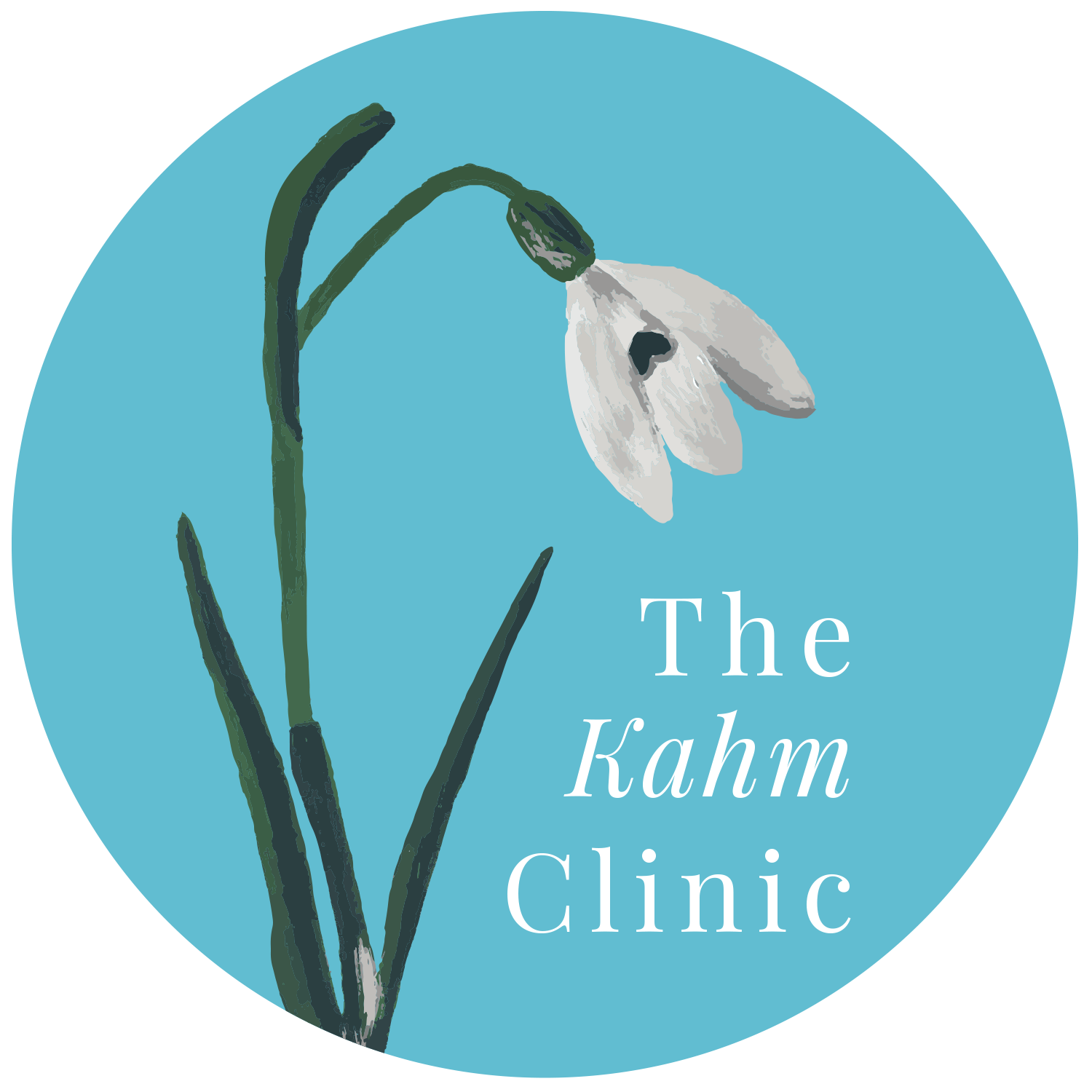The Connection Between Social Media, Eating Disorders, and Diet Culture
Since the start of the COVID-19 pandemic, there has been an uptick in individuals with eating disorders. In fact, treatment centers across the country are managing long wait lists because so many people are seeking help. As providers, we’re realizing that a lot of these issues are stemming from social media content that promotes disordered eating thoughts and behaviors.
Eating Disorder Content on Social Media
In a recent YouTube video, nutritionist Elaina Efird, RDN, CD, CEDRD, CSSD looked further into this connection. The Wall Street Journal investigated the link between social media (specifically TikTok) and the content related to weight loss, eating disorders, and dieting. The publication created multiple TikTok accounts as 13-year-olds to see what sort of content was pushed to them. Over a three-month period, as they scrolled through the For You pages on each account, they received over 32,000 videos pertaining to weight loss — even though they never searched for this content. Over 30 percent of these videos specifically mentioned eating disorders, and 40 percent of the eating disorder-focused videos promoted disordered eating thoughts and behaviors. Some of these 13-year-old accounts were even invited to join a competition to lose as much weight as possible within just a few weeks.
Related Link: The Impact of Social Media on Body Image
“What The Wall Street Journal learned through this investigation was that the app was feeding users eating disorder content, essentially teaching them how to have an eating disorder and how to starve themselves,” Elaina explains. As providers in the eating disorder community, we’re seeing this idea play out more and more with our patients. Some people adopt new behaviors that they see on social media, while those already struggling with eating disorders are often triggered to eat less, exercise more, or take laxatives, for example.
The Role of Diet Culture
Further contributing to the rise in eating disorders and disordered eating behaviors is diet culture, a set of beliefs that values thinness, appearance, and body shape above health and wellness. It promotes the idea that losing weight is always the goal — that someone who is in a smaller body is doing something right and someone in a larger body is doing something wrong. This sort of thinking pattern, while different from an eating disorder, can lead to the development of one.
Diet culture has become more prominent through social media, causing many of the associated habits to seem normal or okay. Some examples of accepted eating behaviors that are actually diet culture in disguise include:
eating only one piece of bread or bun with a sandwich or hamburger
avoiding the bread basket before a meal at a restaurant
ordering salad dressing on the side
fluid-loading (drinking a lot of water before or during a meal) in an effort to eat less
only drinking water because all other beverages are “bad”
When you see content that promotes eating disorders or diet culture pop up on your social media feeds, hit “not interested” or just keep scrolling. Do not engage with it! With time, the algorithm should shift and stop pushing eating disorder-focused and diet-centric information to your accounts. Your recovery journey may also benefit from taking a break from social media. If this task feels too difficult to manage on your own, please reach out for professional help.
Subscribe to our YouTube channel to keep up with our video content!
To talk to a professional about eating disorder treatment, please reach out to our staff or schedule an appointment at The Kahm Clinic today.

